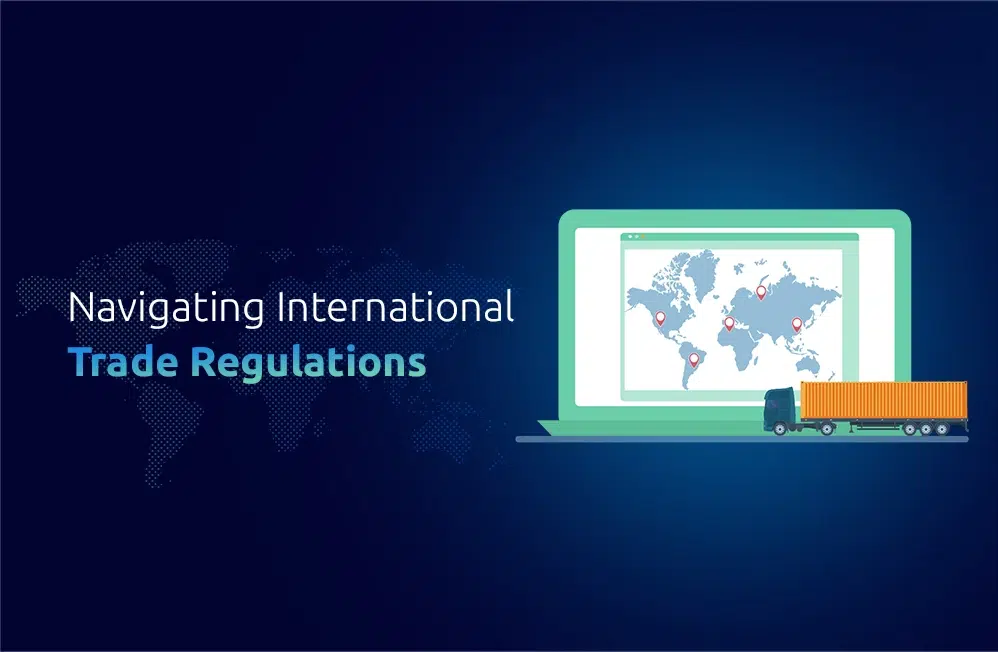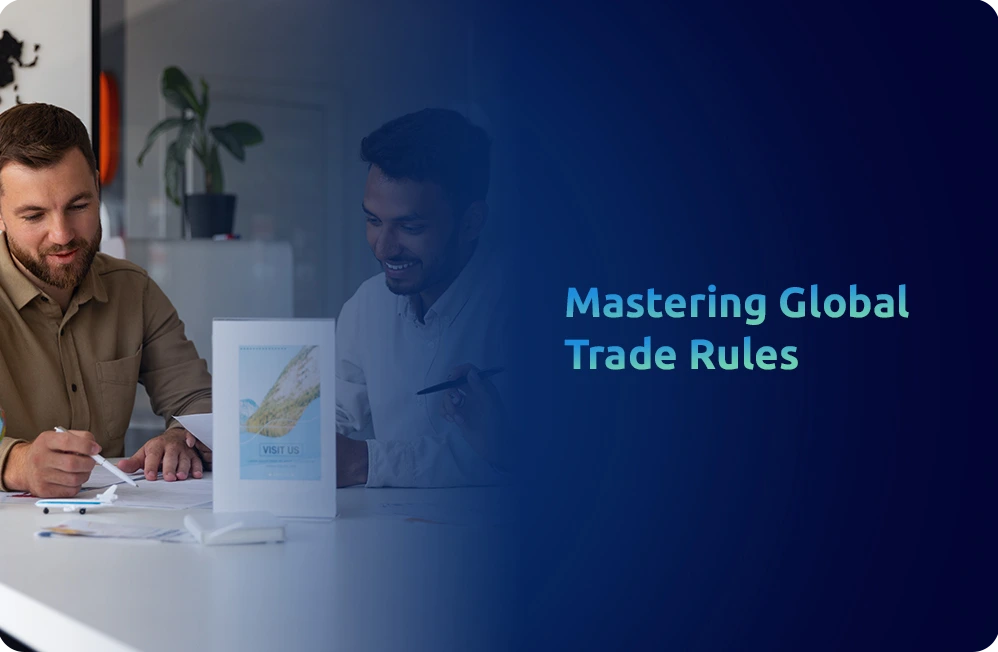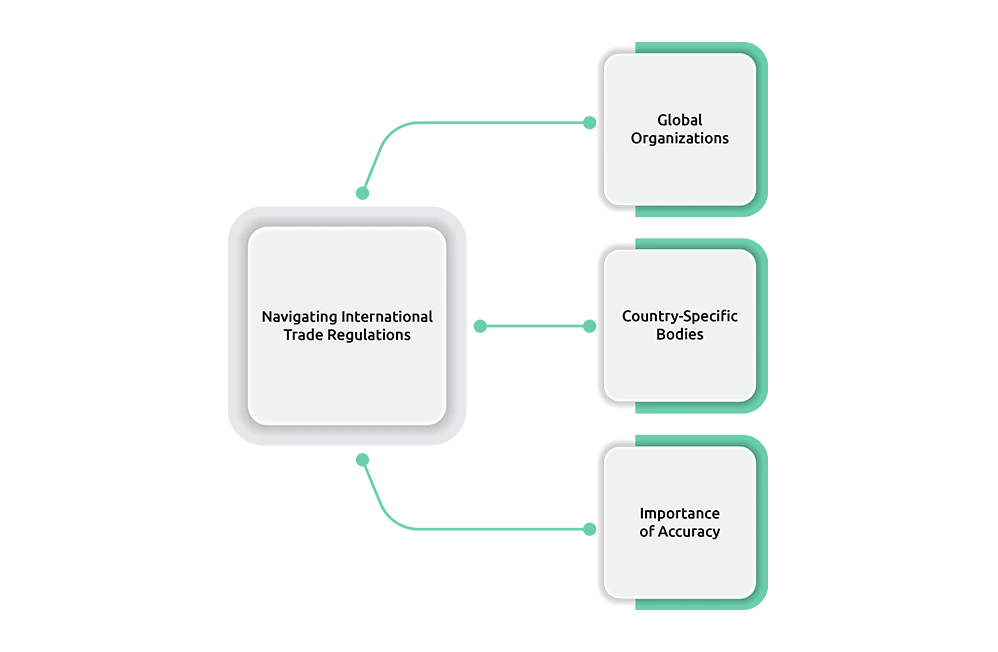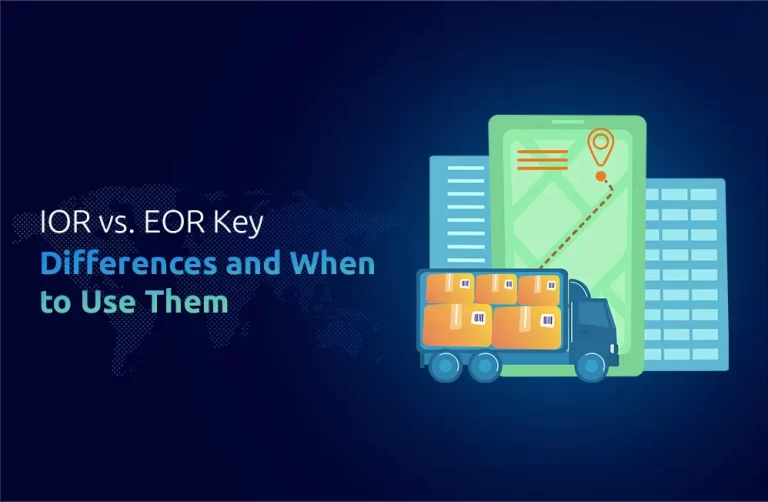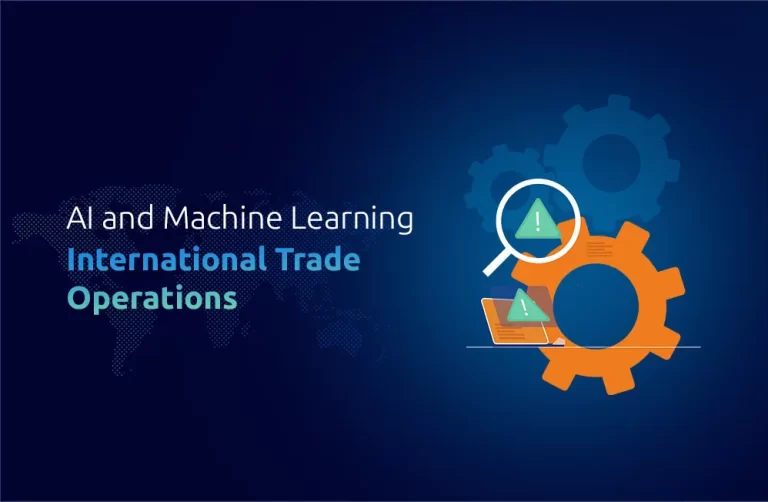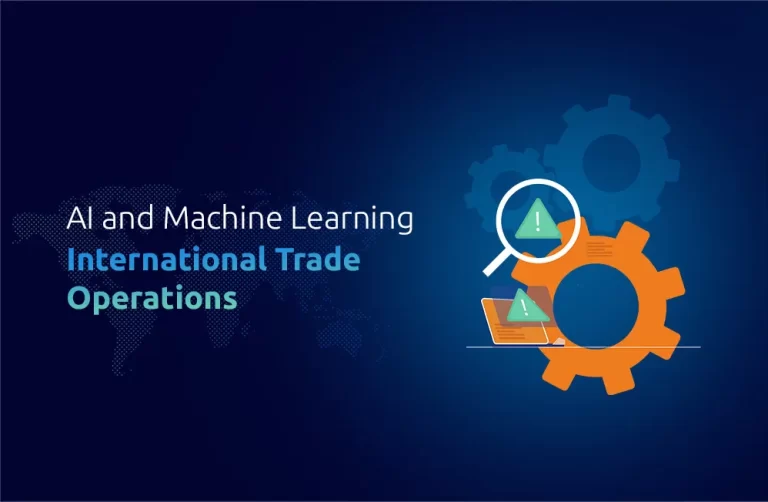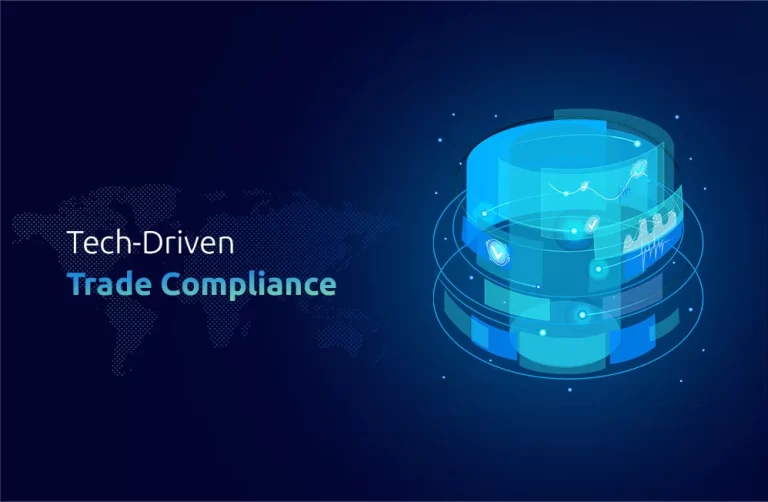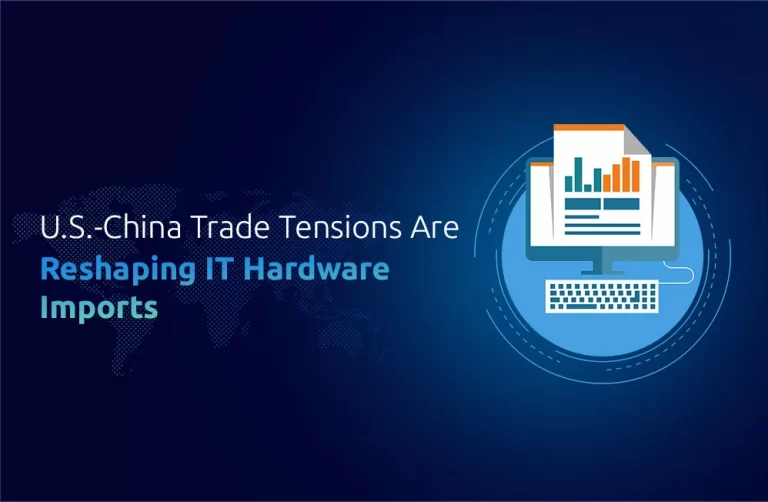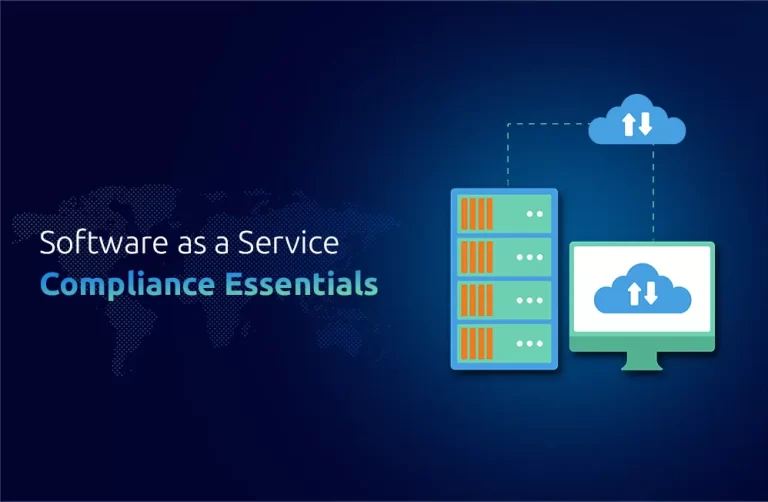introduction
In today’s highly interconnected fast-paced global economy, regulations on tariffs, and compliance are constantly evolving, businesses are faced with a myriad of complicated regulatory obstacles. This post delved into the major issues that companies face when it comes to global trade. It also delivers practical tips and strategies for simplifying the complexity of trade regulations for international commerce.
Understanding Global Trade Regulations can be dauntingly complex.
Here’s our guide to understanding its complexity.
Customs Procedures
Customs regulations vary greatly by country, with each country having specific documentation and procedural requirements for import/export declarations, valuation methods, classification systems (such as Harmonized System), and rules of origin.
Knowledge of these procedures is paramount to avoiding delays and ensuring smooth cross-border movement.
Tariffs and Trade Barriers
Tariffs have a profound effect on the costs associated with imported and exported equipment, so staying up-to-date on tariff rates, preferential trade agreements, and non-tariff barriers is key for businesses in maintaining competitive pricing structures while cutting expenses.
Trade barriers vary by region, making it necessary to adapt strategies accordingly.
Compliance and Regulatory Standards (CRS)
Compliance covers product safety standards, intellectual property rights, and specific trade sanctions. A strong compliance protocol ensures that a business stays compliant with international laws and standards.
Strategies to Navigate Global Trade Regulations
- Research and Stay Updated
Global trade regulations are continually changing with regular updates in customs procedures, tariffs, & compliance standards. Leverage reputable sources like the World Trade Organization (WTO), International Chamber of Commerce, and respective national customs agencies. Staying informed ensures that you can adapt swiftly to new rules. Set alerts on government websites or subscribe to trade publications to receive the latest updates without delay.
- Partner with Experienced Freight Forwarders
Freight forwarders are industry experts equipped to handle intricate details of global logistics and compliance. They streamline shipping, ensure customs compliance, and help navigate local regulations. Identify reputable freight forwarders who specialize in your industry and target markets. For instance, One Union Solutions offers a diverse directory, allowing you to filter by country and specific service requirements. Look for freight forwarders with local knowledge in your primary regions, as they are often more equipped to handle region-specific challenges.
- Invest in Automation and Technology
In global trade, timely information and efficient documentation are essential. Automation tools offer real-time visibility, ensure accurate customs documentation, and keep track of compliance requirements. Adopt customs management software, electronic data interchange (EDI), and cloud-based logistics platforms to centralize information and streamline operations. Start with scalable technology solutions so that you can gradually increase automation as your business grows.
- Collaborate with Customs Brokers and Legal Experts
Customs brokers and legal experts bring specialized knowledge that can help navigate local regulations, avoid costly penalties, and resolve disputes. Choose customs brokers with experience in your target market. They understand specific documentation needs and compliance standards, making them valuable partners in navigating regulatory hurdles. Develop a close working relationship with your brokers, as consistent communication can prevent misinterpretations and errors.
Focus on Industries – Aviation, Automotive, IT, and Medical Equipment
Aviation Equipment: International trade in aviation requires adherence to strict safety and certification standards. Detailed paperwork and compliance with specific aviation-related regulations are necessary for smooth transactions.
Automotive Equipment: Tariff codes and quality standards are vital in this industry, with varying emissions and safety requirements across regions.
IT Equipment: Export controls often apply to advanced technology, particularly with data protection laws and intellectual property considerations.
Medical Equipment: Safety, sterilization, and labeling standards are crucial, and compliance with health regulations is mandatory across most countries.
Working with specialists in these sectors or sourcing insights from experienced trade professionals can make compliance less daunting and more efficient.
Why Choose One Union Solutions?
One Union Solutions stands out by offering tailored support across diverse industries. Our team of experts provides guidance on tariffs, compliance, & customs procedures, helping you navigate challenges with ease. With the dedicated members directory, we connect you to professionals across various fields and countries, allowing you to customize your support network based on your needs.
Conclusion
By understanding the complexities of customs procedures, tariffs, & compliance requirements and following the strategies outlined here, companies can avoid costly mistakes, maintain compliance, and enhance their competitive edge. Remember, staying informed, partnering with industry experts, and investing in technology can greatly simplify the journey. Embrace these strategies to succeed in today’s challenging global trade landscape.
Did you know?
As per the U.S. Bureau of Labor Statistics, white glove delivery services are projected to grow as demand for high-value item delivery & specialized handling increases.
FAQs:
- Which is the most important issue in trade?
Ans: Compliance with the ever-changing rules is one of the biggest hurdles since failing to adhere to standards could cause expensive delays or even fines.
- What are the effects of trade tariffs?
Ans: Tariffs can improve the cost of goods, impacting prices and demand. Be aware of any changes in tariffs, which will help companies plan more efficiently.
- What are the roles of customs brokers in the world of trade?
Ans: Customs brokers handle the compliance and documentation & ensure the smooth flow of goods across borders.
- What is the significance of automation in international trade?
Ans: Automation boosts efficiency, minimizes mistakes in documentation, and gives visibility into the supply chain, which is crucial to ensure compliance.
- Where do I find reliable trading partners?
Ans: Start with directories like those offered through One Union Solutions, which let you filter your search by location and service and help you identify the perfect trade partners for your requirements.

